The CDC and the Food and Drug Administration are investigating an outbreak of salmonella that has ben linked to recalled eggs throughout several states.
So far, 65 people across nine states have been infected with the illness linked to eggs supplied by Milo’s Poultry Farms LLC. The illnesses began on May 23 to August 10, and 24 people have been hospitalized.
The FDA Alert
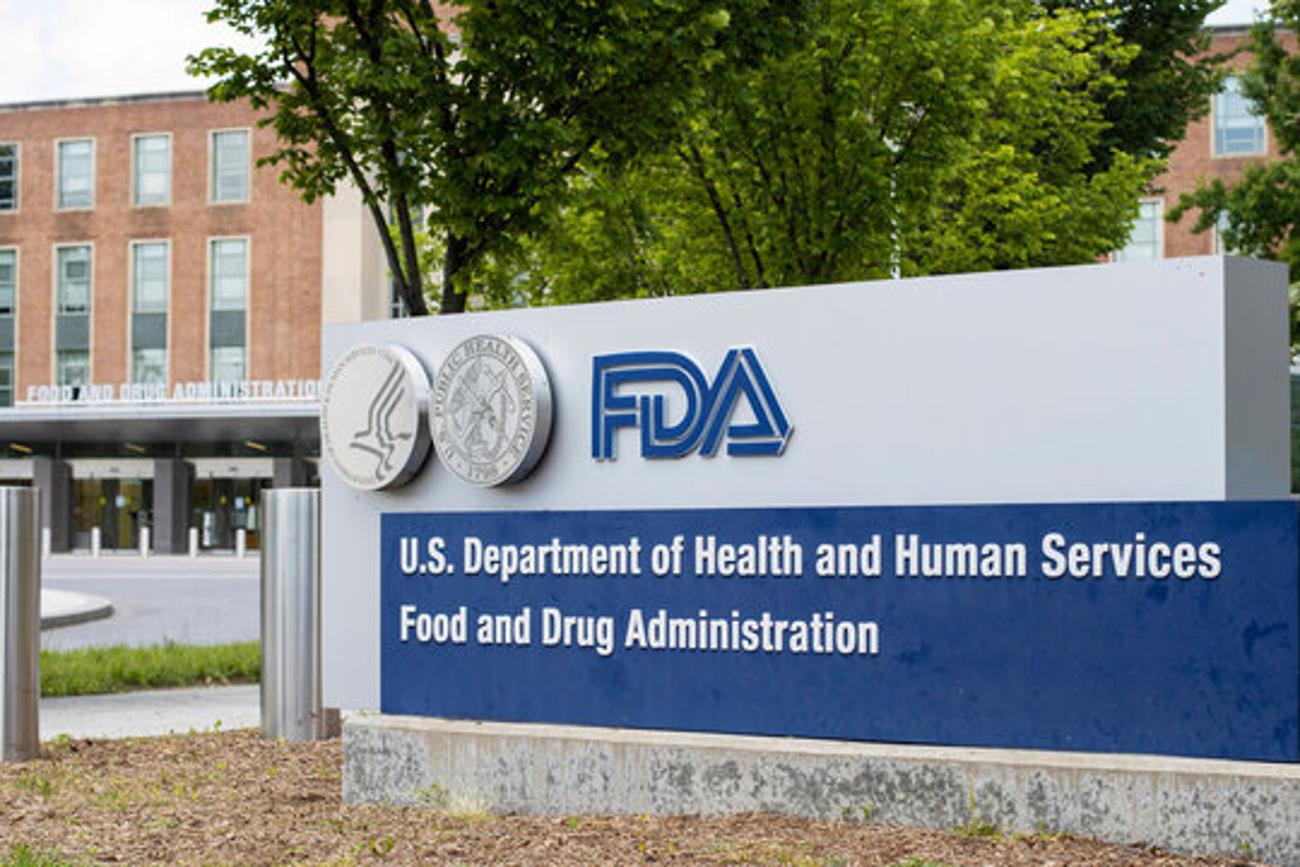
On Friday, the FDA issued an alert warning consumers to avoid purchasing infected eggs.
Thankfully, no deaths have been reported so far due to the illness. However, the FDA and CDC are watching the situation closely and monitoring the individuals who have been admitted to hospital.
Comments From the CDC
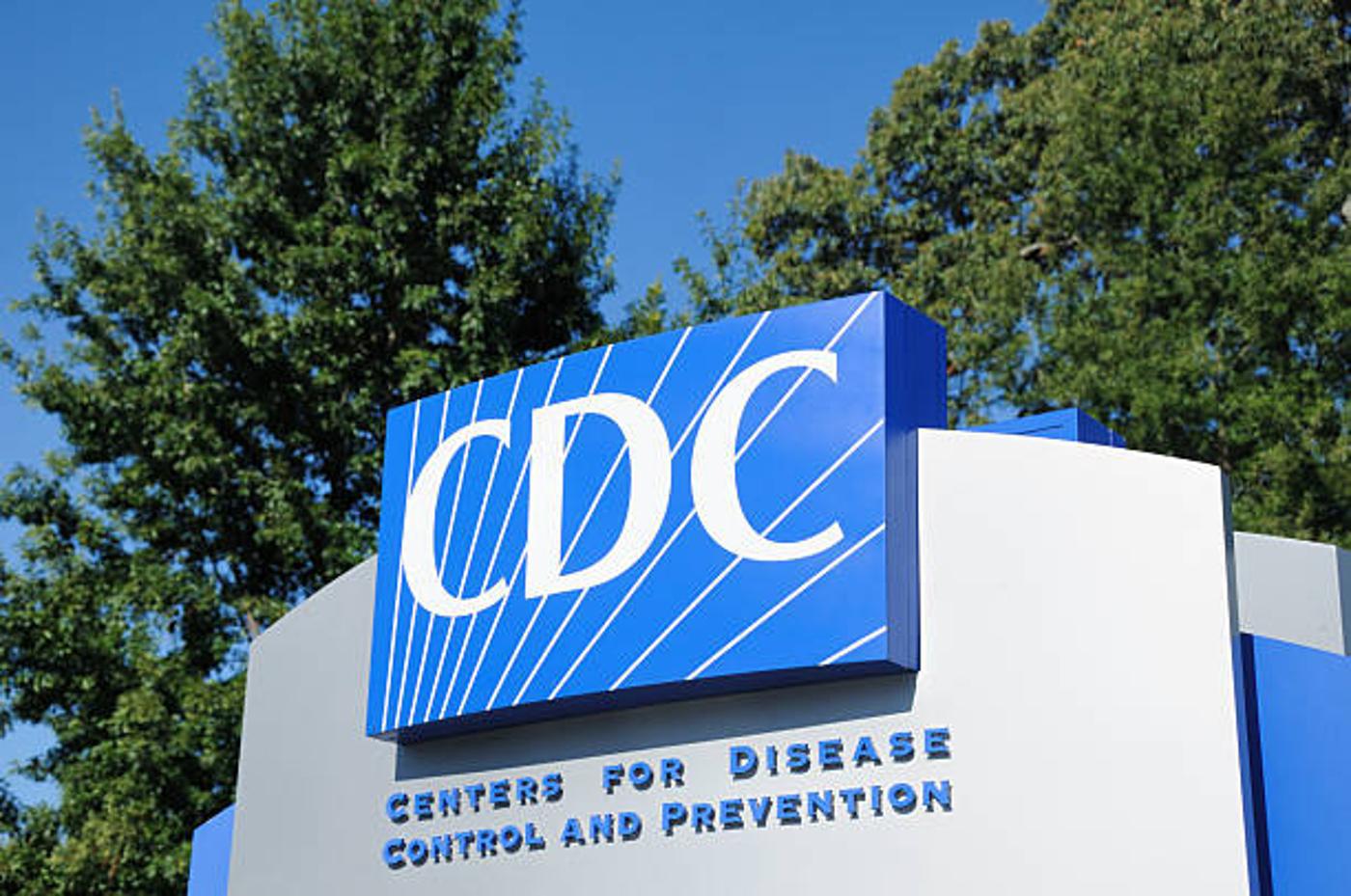
The CDC also made a comment on the situation: “The true number of sick people in this outbreak is likely much higher than the number reported, and the outbreak may not be limited to the states with known illnesses.”
“This is because many people recover without medical care and are not tested for salmonella. In addition, recent illnesses may not yet be reported as it usually takes 3 to 4 weeks to determine if a sick person is part of an outbreak.”
What Is Salmonella?
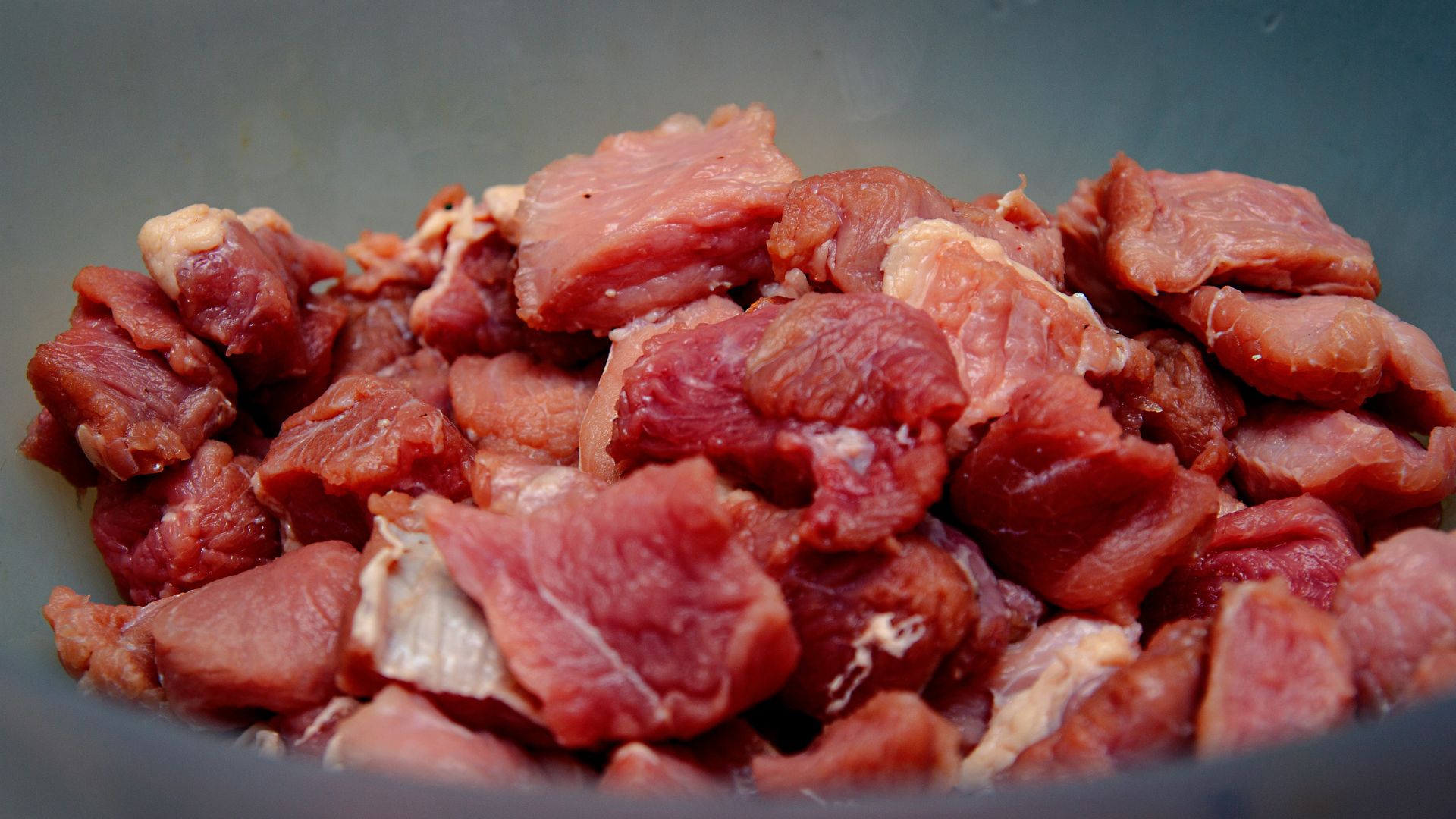
Salmonella is a bacteria that can cause mild to severe symptoms.
Salmonella is an infection caused by bacteria in foods like raw meat, poultry, or seafood, as well as raw or undercooked eggs, unpasteurized dairy products, fruits, and vegetables handled with unclean hands or water.
The Symptoms of Salmonella

The people most at risk are kids younger than 5, the elderly, and people who are immunocompromised. Pregnant and breastfeeding women should also be on alert.
Common symptoms of salmonella poisoning are diarrhea, stomach cramps, fever, nausea, vomiting, chills, headache, blood in the stool, and stuffed joints. In rare cases, the illness can be fatal.
Finding the Cause

After cases of salmonella are reported in one area in high amounts, the CDC begins investigating the cause to find the source and eliminate it from the food supply.
Investigators are often sent out to those who have been infected to go through their recent grocery and restaurant purchases to find the root cause.
The CDC Investigation

The official CDC investigation broke down those infected with the illness. The group found that 65 people were infected from the egg recall.
Those infected range from ages 2 to 88. Fifty-six percent of the cases were female, and forty-six percent were male.
The Poultry Farm
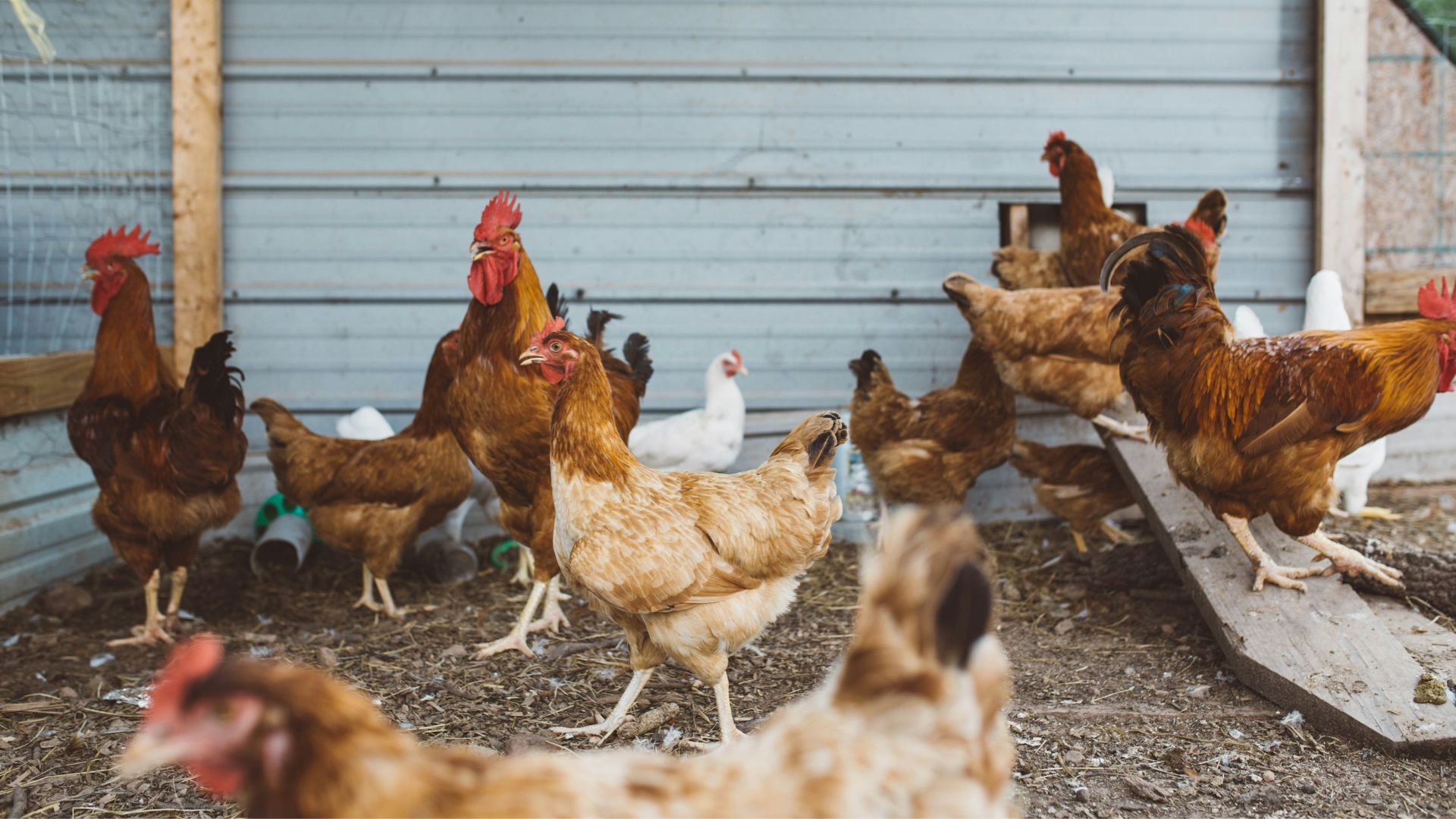
The eggs came from Milo’s Poultry Farms in Bonduel, Wisconsin, which is located roughly 29 miles north of Green Bay.
The FDA shared that the company voluntarily recalled the eggs from its farm. The recalled eggs were sent to retailers and food distributors throughout Wisconsin, Illinois, and Michigan.
Several Labels
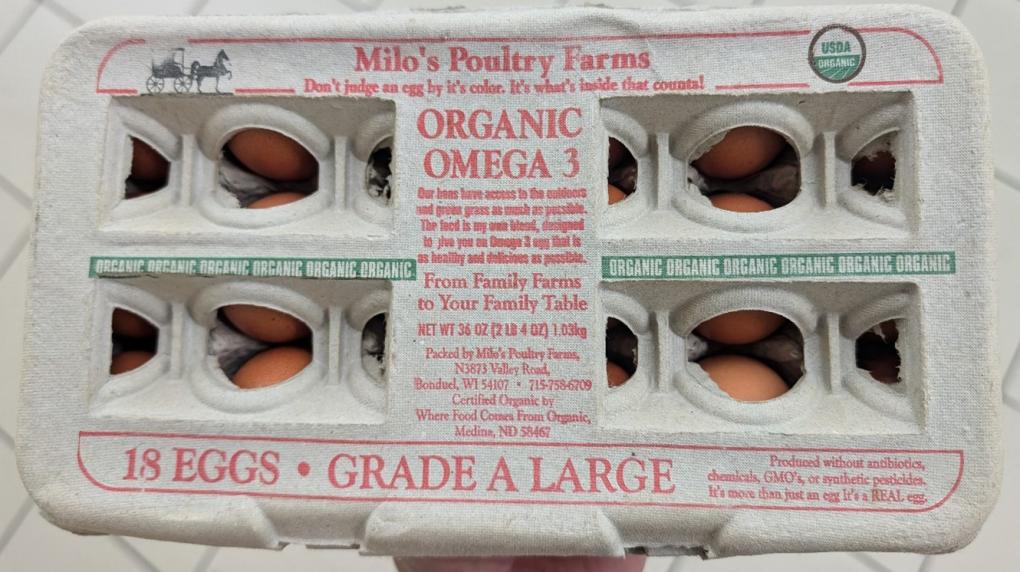
The eggs were labeled with the names Milo’s Poultry Farms or Tony’s Fresh Market.
“The health and safety of our customers is our top priority. We are fully cooperating with the FDA on their investigation and have taken immediate action by removing all affected products related to this recall from our shelves,” said Marisa Kutansky, a spokesperson for Heritage Grocers Group, owner of Tony’s Fresh Market. “We are monitoring this recall and will continue to do all we can to ensure our customers’ safety.”
The Recall

According to the FDA and the CDC, eggs labeled with Milo’s Poultry Farms and Tony’s Fresh Market in all sizes and carton dates are being recalled.
The investigation has identified illnesses in the following states: California, Colorado, Iowa, Illinois, Michigan, Minnesota, Utah, Virginia, and Wisconsin.
What Should You Do if You Have the Recalled Eggs?

If any consumer, restaurant, or retailer has purchased the recalled eggs, they should be immediately returned to the point of purchase or thrown out.
As well, restaurants should immediately remove any items that the eggs were used to make like bread or cake.
Sanitize the Area

If you have purchased the contaminated eggs, you will also need to go through the shelf or counter that they touched and sanitize all surfaces.
Wash your hands and utensils that touched any of the eggs with hot, soapy water. Salmonella can live on the outside of eggs as well, so simply throwing them out is not enough.








































